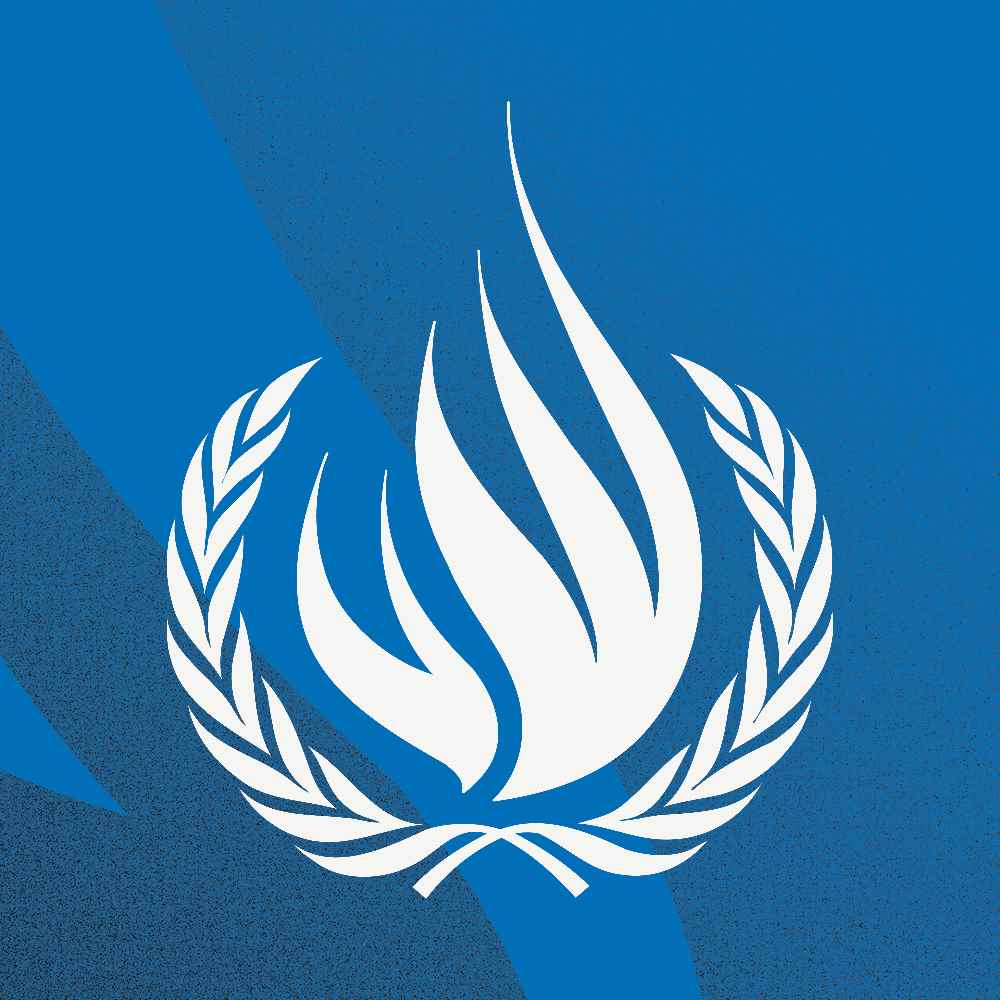
The idea that all people are entitled to a basic set of rights was enshrined in post-Second World War international law as part of the 1948 Universal Declaration of Human Rights and subsequent agreements about the rights of refugees. The intent was to protect minorities and prevent a return to the mass murder of those deemed not part of the legitimate population of a given state on the basis of their ethnicity, religion, social class or sexuality. In practice, many states have failed to live up to these expectations, and sometimes people claim the protection of universal rights for themselves while simultaneously denying that these rights should be applied to all — a dissonance that can be discomforting to hear. However, even if the application of these norms is flawed, the intent is clear. Rights are inviolable, and this is the standard that states are expected to live up to.
The idea of universal rights was rejected by the Soviet Union as a “bourgeois” concept; one that ignored the realities of exploitation under capitalism. Instead, the Soviet legal system worked on the basis of inherited rights, derived in part from parentage (so one was deemed to be sufficiently proletarian on the basis of the occupations of parents and grandparents) and, of course, on the arbitrary whims of the state (so even those who met the criteria could lose their rights if they were deemed to have acted in an anti-Soviet manner).
In the hands of the British communist left, this led to endless justifications for this or that act of the Soviet Union that violated universal human rights norms. Typical arguments included that: Mistakes were inevitable when building a new society, the USSR was simply responding (perhaps mistakenly) to pressure from imperialism, or, at the least, its acts could be contrasted with something done by the US or “the West.” In the 1970s, the Polish political scientist Leszek Kolakowski challenged this dual standard, noting that Soviet apologists shifted from claiming a moral basis for their views when criticizing the US to indulging in realpolitik when defending the USSR.
One might have hoped this depressing mindset had ended with the fall of the Soviet Union, but the reality is that it informs the worldview of Labour Party leader Jeremy Corbyn and his close advisers. Given that a number of these advisers have a background in the most pro-Soviet elements of the old Communist Party of Great Britain and its successor, the Communist Party of Britain, this is perhaps not a surprise.
However, Corbyn and his allies have partly changed their tune. Lacking the lodestar of the USSR — though, for some, Vladimir Putin’s Russian regime seems to be an acceptable substitute — they now frame the world as more broadly split between imperialist and anti-imperialist powers. Yet, in this new framework, the intellectual contortions and realpolitik identified by Kolakowski reappear.
To Corbyn, the world is split between imperialist states and a small number of anti-imperialist states, such as Iran, Russia, Venezuela, Syria and, sometimes, China, paired with movements such as Hamas that are seen as under constant threat from imperialism. In this model, Israel is condemned as the archetypal imperialist state, with this being one of the reasons why anti-Semitism has reared its ugly head in the Labour Party.
To Corbyn, the world is split between imperialist states and a small number of anti-imperialist states.
Dr. Azeem Ibrahim
So, if you are oppressed by “imperialism,” you can expect outrage on your behalf from Corbyn and his advisers. Crimes committed by Israel or Western powers are noted, catalogued and condemned. The same clarity is missing if you are oppressed by one of the supposedly anti-imperialist states. Corbyn’s oft-claimed empathy for the Palestinians would likely disappear should they be attacked by the Bashar Assad regime. The fate of more than 3 million refugees from Nicolas Maduro’s Venezuela is not seen as a human rights tragedy on the simple grounds that Corbyn does not appear to believe in universal human rights. In his binary model, if you oppose Maduro, it is not because you are starving or desperate — you are siding with imperialism. If you were a Bosnian Muslim killed in eastern Bosnia, your death was not part of a Serbian-led campaign of ethnic cleansing — you were probably a tool of imperialism trying to bring down the socialist state of Yugoslavia.
In numerous articles, former journalist Seumas Milne, now Corbyn’s senior adviser, has defended Putin’s aggression in Georgia, eastern Ukraine, Crimea and Syria — in terms that in the 1970s would have been used to defend human rights violations of the Soviet Union. There is no hint of concern for the victims of this aggression, apart from a few ritual phrases. Putin’s actions in Ukraine were “clearly defensive,” Milne wrote in 2014, dredging up Cold War rhetoric to assert that the US and its allies had no room to criticize them, as “Western aggression and lawless killing is on another scale entirely from anything Russia appears to have contemplated, let alone carried out.”
Corbyn is not aiming to update former Foreign Secretary Robin Cook’s brief attempt at an ethical foreign policy. The Labour leader has no problem with dictators, as long as they are the right sort of dictator. If they are, then he has no sympathy with their victims. Corbyn has turned his back on the concept of universal human rights as much as the British far left did decades ago.
Dr. Azeem Ibrahim is a Research Professor at the Strategic Studies Institute US Army War College and author of “Prospective Foreign Policy of a Corbyn Government and US National Security Implications” (Hudson: Sept 2019). Twitter: @AzeemIbrahim
Disclaimer: Views expressed by writers in this section are their own and do not necessarily reflect Arab News" point-of-view












